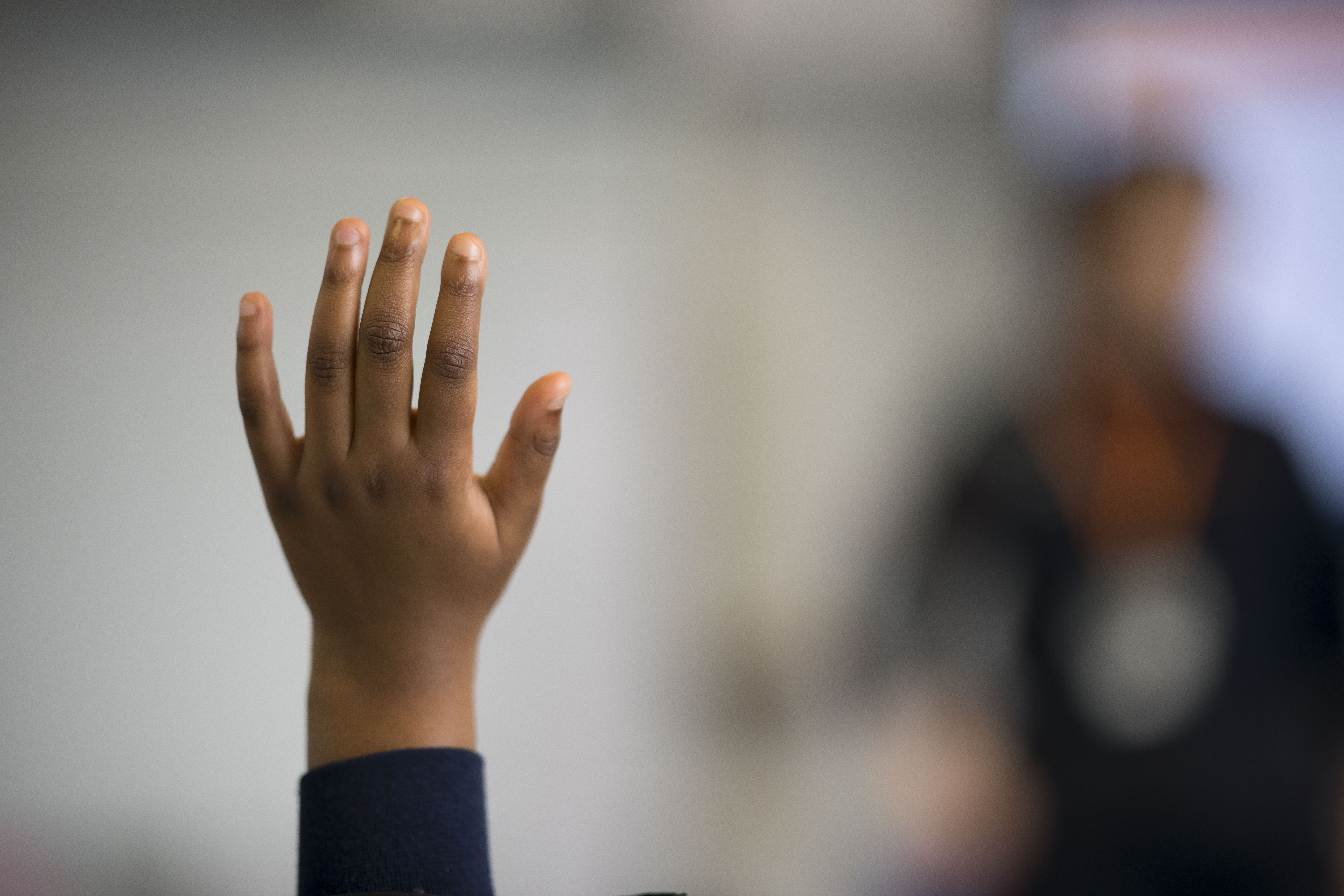A study from last fall found a correlation between the number of historical lynchings in an area and corporal punishment in schools.
Corporal punishment is outlawed in all but 19 states and it is rarely used on those areas but there are places where it is still common practice, as reported by HuffPost. The most common method is hitting a student on their behind with a wooden paddle.

A group of researchers compared data on the frequency of schoolyard corporal punishment in 10 Southern states and compared it numbers from a lynching database. They determined corporal punishment is most common in areas where a relatively high number of lynchings occurred between 1865 and 1950. It is also common in areas where evangelical Christianity is heavily practiced and educational attainment is lower.
Ninety percent of school districts in Alabama, Arkansas and Mississippi reported at least one school used the punishment. Black students are more likely than their white counterparts to be hit. For each lynching in a state’s history, the odds of an African American child go up by 6 percent while the number is only 4 percent for white kids.
“We suspect that schools in counties with more pronounced histories of violent racialized social control, where physical pain has long been used to discipline and punish marginalized populations, are more likely to employ corporal punishment, and disproportionately impose this punishment on Black students today,” the researchers wrote.
Mississippi, for instance, reports the most usage of corporal punishment and more than 700 lynchings occurred during the timeline examined by the researchers.
“There’s a historical trajectory,” study co-author Aaron Kupchik told HuffPost. “Though this happened 100 years ago, the rates of racial violence are predictive of how we punish Black students today.”
Even in places without corporal punishment, Black students are more likely to face disciplinary action in school, an issue attributed to systemic racial bias. Previous studies have found Black children are more likely to be arrested, suspended and expelled.


